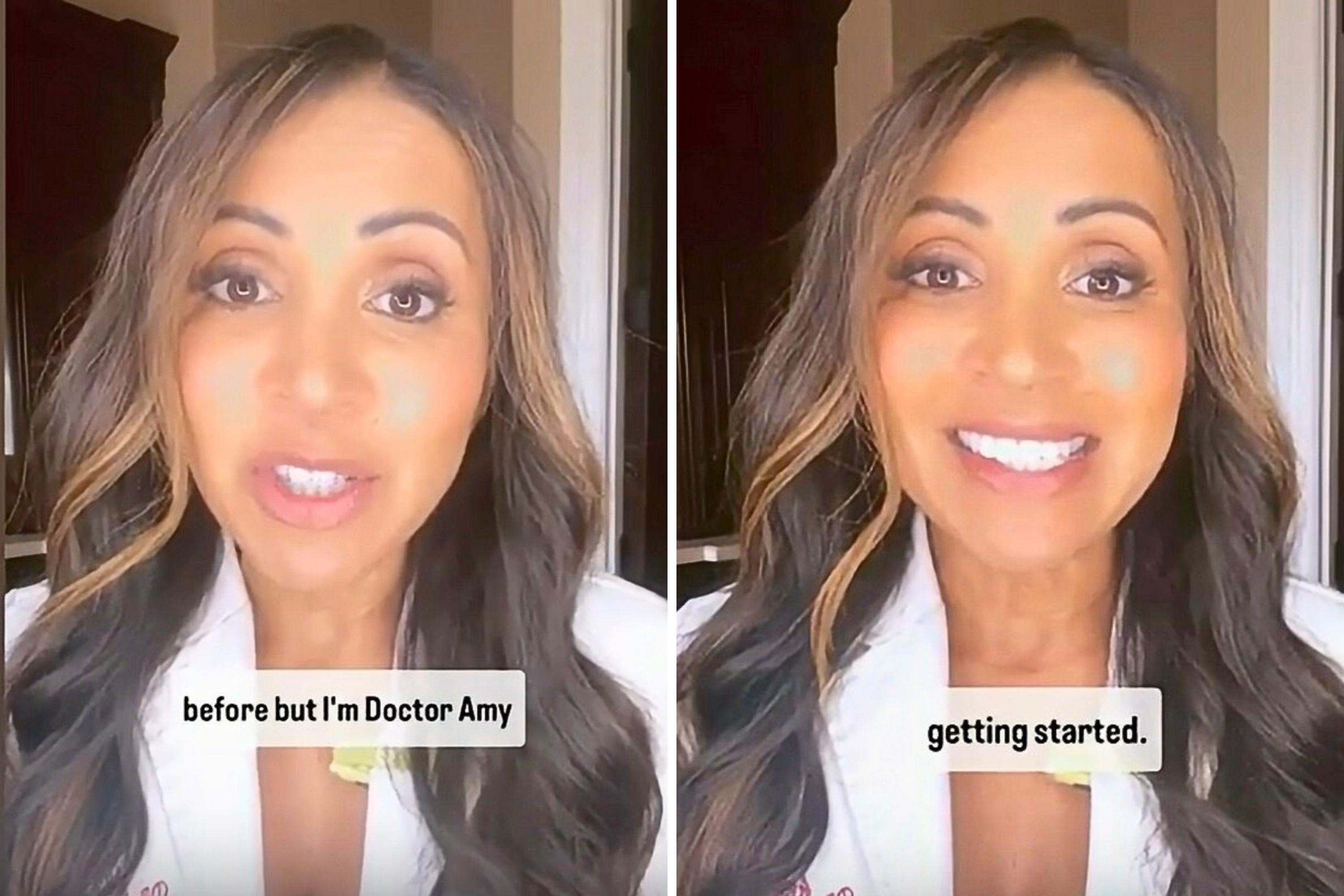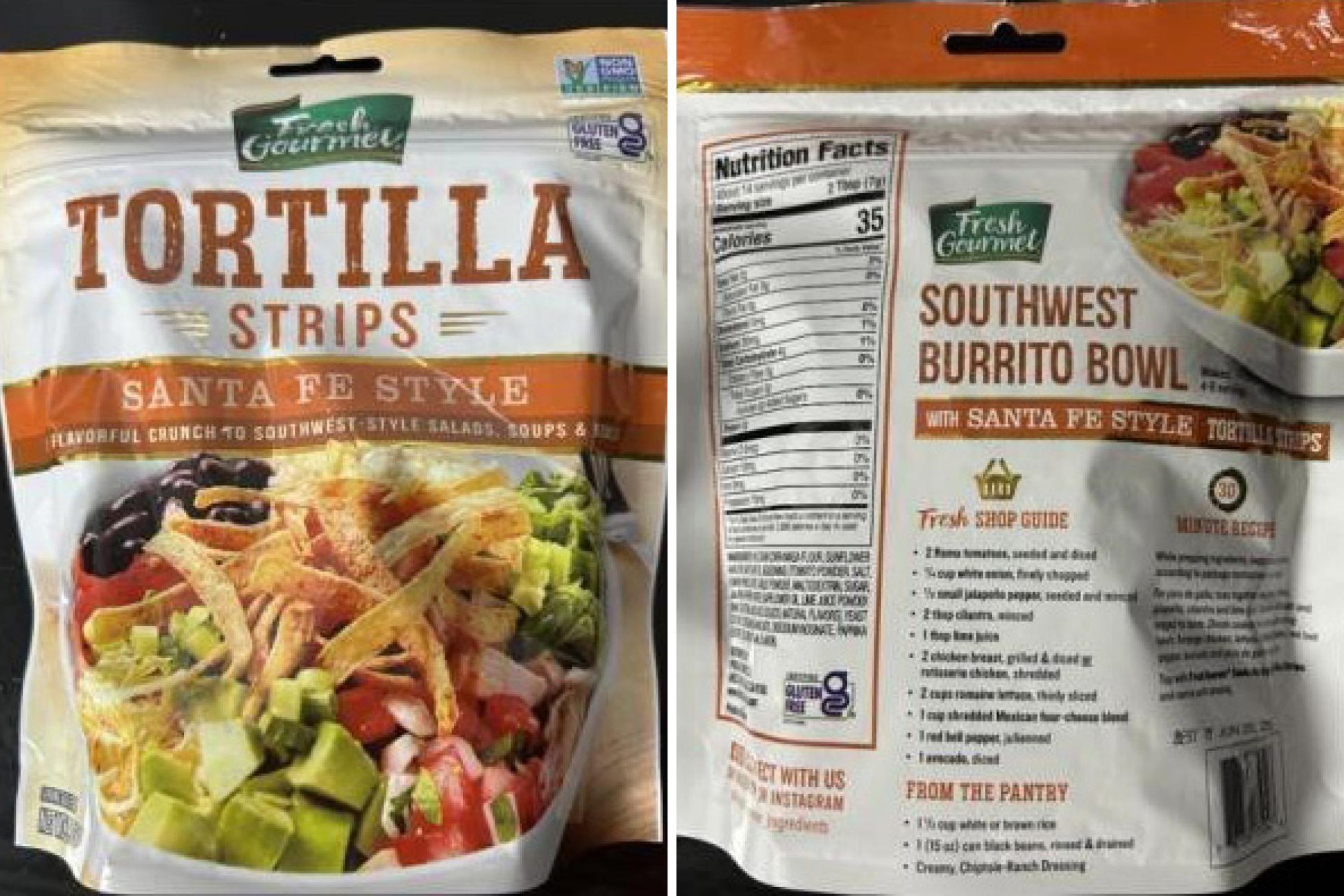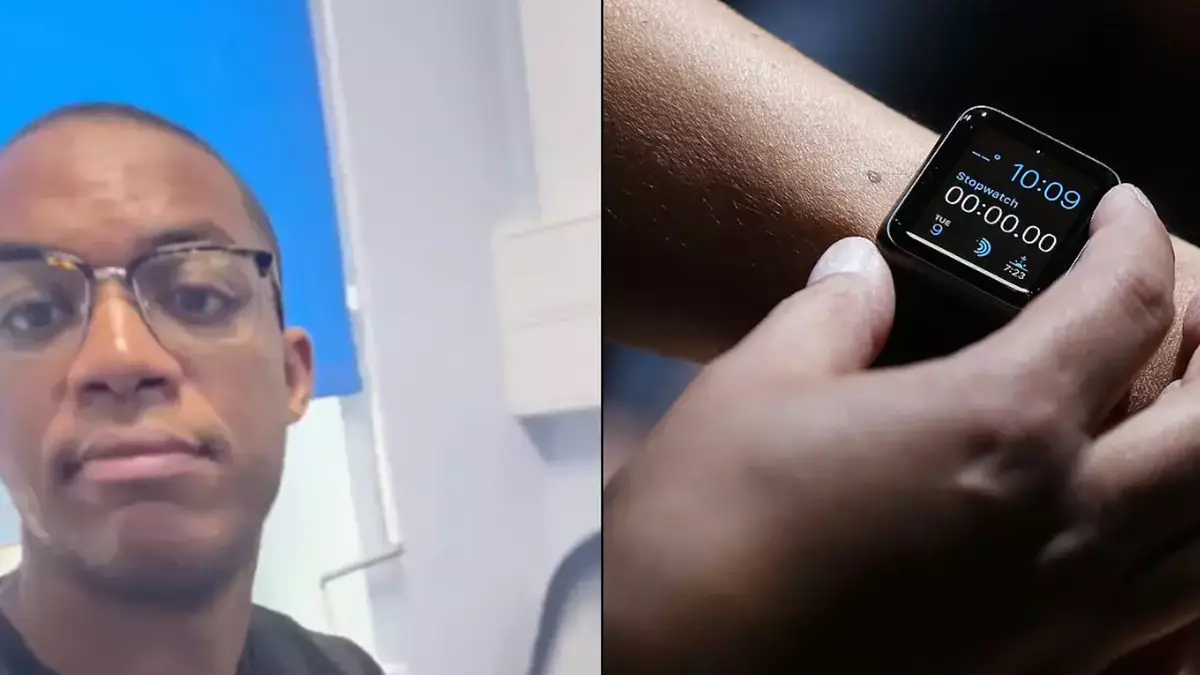The polling average in 21 states has shifted toward Donald Trump in the past month, according to modeling by analyst Nate Silver.
According to Silver's model, last updated on Sunday, Kamala Harris still leads nationally and in three key swing states of Michigan, Wisconsin, and Nevada, the candidates are tied in Pennsylvania, and Trump leads in Arizona, Georgia, and North Carolina.
But compared to the same model's aggregate polling from one month ago, almost every state tracked has shifted slightly toward Trump, including nationally and in all seven battleground states.
The biggest swing in a battleground state, was in Michigan, where Trump narrowed Harris's lead to an average of 0.5 points, a swing of 1.9 points toward Trump in the last month.
In a post on X, Silver wrote that the data suggests that momentum is moving toward Trump nationally.
"Harris's lead in national polls is down to 2.3 points from a peak of 3.5 on 10/2. The race remains a toss-up, but we're at a point now where we can be pretty confident this is real movement and not statistical noise," he said.
Despite the momentum, if November's election exactly matches Silver's latest forecast, the White House would be won by whichever candidate wins Pennsylvania and its 19 Electoral College votes. The candidates are currently tied in the Keystone State.
J. Wesley Leckrone, professor of political science at Widener University, previously told Newsweek that the race in Pennsylvania was so close that it will ultimately come down to turn out among certain demographics.

"It's all about getting the vote out. I think it's going to come down to the ground game, and whoever gets the most votes out on November 5 is going to be the one that wins," he said. "I believe both campaigns are trying to convince people who may not vote, encouraging them to actually show up and cast their ballots."
Leckrone said Harris is focusing her efforts on southeastern Pennsylvania, where there was a significant anti-Trump vote for Nikki Haley in the primaries. Haley won around 16 percent of the vote in Pennsylvania's GOP primary, despite dropping out in March, exit polls showed.
"This was higher than in other areas of the state. This is likely why you're seeing the Harris campaign concentrate in the Philadelphia suburbs, trying to convince soft or moderate Republicans who don't particularly care for Trump to vote for her rather than write in a candidate or vote for a third party. A lot of attention is being spent on those wavering Republicans," he said.
Newsweek has contacted the campaigns of Trump and Harris for comment.




















 English (US) ·
English (US) ·